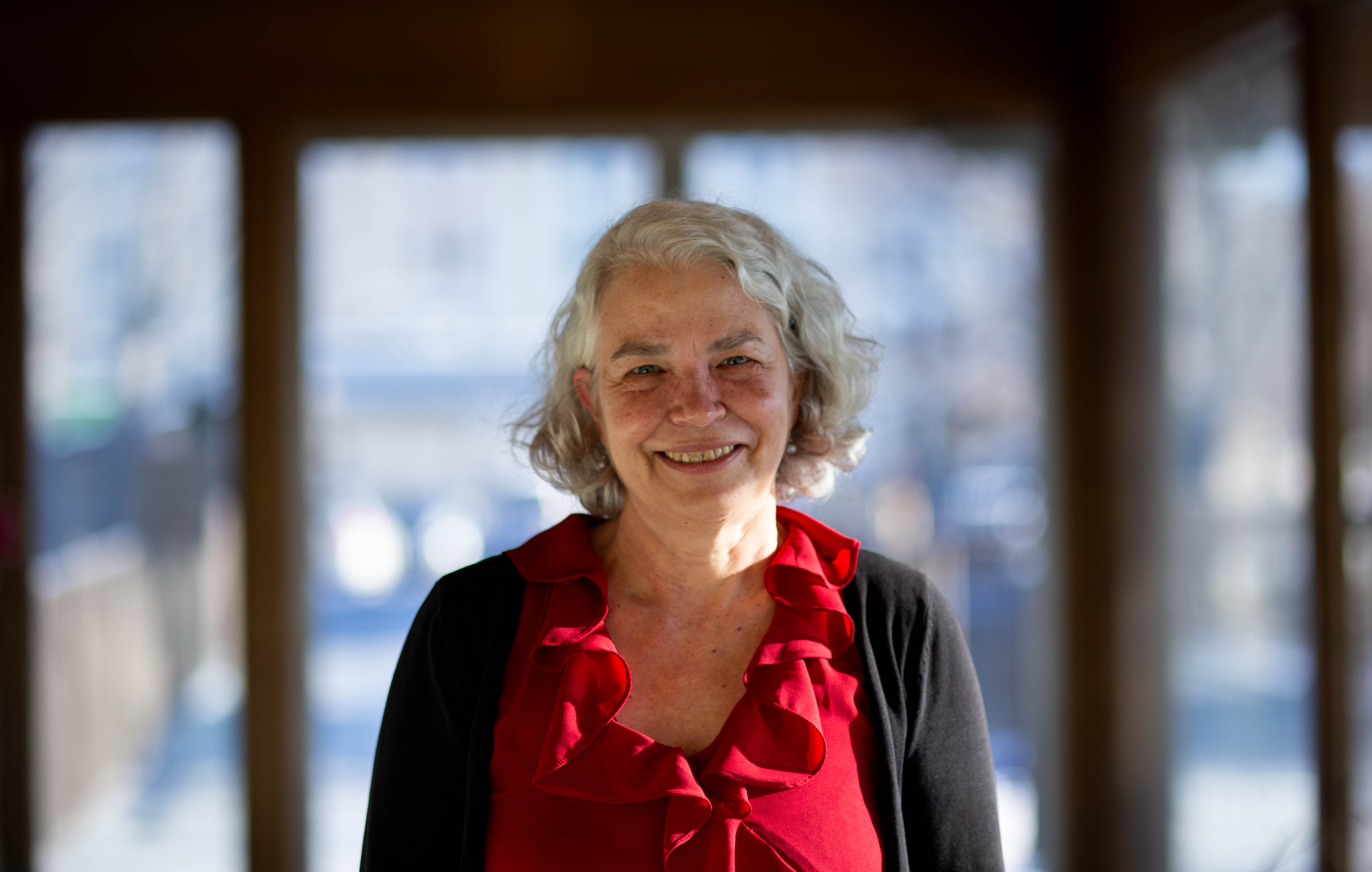
Young people’s perspectives of sources of support on their transplant journey
Caroline Piotrowski1, Neslie Nsingi1, Kira Kudar2, Tom Blydt-Hansen3, Aviva Goldberg4, Gina Rempel4, Julie Strong5.
1Community Health Sciences, University of Manitoba, Winnipeg, MB, Canada; 2Psychology, University of Manitoba, Winnipeg, MB, Canada; 3Pediatrics, University of British Columbia, Vancouver, BC, Canada; 4Pediatrics & Child Health, University of Manitoba, Winnipeg, MB, Canada; 5Nephrology, The Children's Hospital of Winnipeg HSC, Winnipeg, MB, Canada
Introduction: Children diagnosed with chronic kidney disease (CKD) face significant challenges in their daily lives on their transplant journey. To date, limited research has investigated the sources of social and emotional support that are crucially important for these young people to succeed on their journey; even fewer studies have asked young people to share their own perspective. The main objective of this qualitative pilot study was to listen to the voices of young people concerning their main sources of social and emotional support.
Methods: Families with a young person with CKD were recruited from a nephrology clinic at a local children’s hospital. Parents provided written consent and young people provided verbal assent. Five males and five females participated, ranging in age from 8 to 17 years (M=12.3 years); 60% were transplant recipients. During independent semi-structured interviews, young people were asked to create ecomaps that described their support networks. Ecomaps are a qualitative method that is used to visually demonstrate the nature and quality of social and emotional support. Young people were then asked to explain and describe their ecomaps. Data collection was conducted online and in person. Interviews were transcribed and coded utilizing thematic analysis.
Results: Participants identified 12 sources of social support on average (range 5-33). Four main themes were identified, including: 1) Within the Family (parents, siblings, grandparents, stepfamily, extended family members, pets); 2) Outside the Family (friends, teachers, faith community, romantic partners); 3) Safe Spaces and Activities (toys, sports, school, bedroom, work, virtual reality games); and 4) Health Care Team (nurses, physicians, allied health professionals).
Conclusion: Young people identified several important sources of social and emotional support, reflecting their resilience characteristics, processes and outcomes. For example, close interpersonal relationships, such as with parents, siblings, and grandparents within the family, and friends outside the family, reflected key resilience processes. Diverse activities and safe spaces that offered comfort and distraction reflected individual and collaborative positive coping mechanisms. Positive connections with health care team members were also a noteworthy source of support for many young people. Taken together, these findings have important implications for health care professionals. They suggest that the personal rapport professionals build with young people can be tremendously beneficial, but they also suggest that the role of guiding and connecting young people to specific resources could also facilitate their mental health and well-being on their transplant journey.
We would like to gratefully acknowledge the families who participated, and the staff at The Children's Hospital of Winnipeg without whom this research project would not have been possible, including Ashley Giesbrecht and Kristin Vincent, Social Workers; Dot Molchan, Post-Transplant Nurse Clinician; Jackie Boguski, and Marnie Gretsinger, Clinic Nurses; and Kayla Cruz, Pediatric Recipient Kidney Transplant Coordinator. Funding for this project was awarded by the University of Manitoba Collaborative Research Program to C. Piotrowski (PI).
[1] qualitative; social support; pediatric; transplant recipient; chronic kidney disease